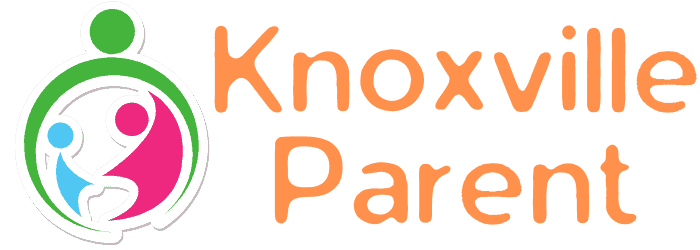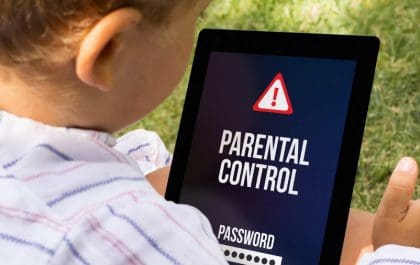Do your children read for fun? A recent survey called Kids and Family Reading Report, issued by Scholastic and YouGov, outlines how often children read for fun, what books draw their interest, and how frequent readers differ from infrequent readers. A nationwide representative sample of parents, along with children ages 6 to 17, were asked many questions about reading activities. The results of this report can help parents understand how to promote reading books for fun with their children.
About half of children ages 6 to 17 (51%) were currently reading a book for fun (this definition does not count required reading for school). What do children look for when picking books? Children ages 6 to 11 like books that “make me laugh”, “have a mystery or a problem to solve”, “tell a true story”, and “have characters that look like me.” Children ages 12 to 17 also mention these same characteristics; however, other attributes are more salient: “let me forget about real life for a while”, “are about things I experience in my life”, and “have characters who are in love.” Both groups agree very strongly (about 90%) with the statement: “My favorite books are the ones that I picked out myself.”
What factors influence frequent readers? For this study, two groups were defined: frequent readers (those children who read 5 to 7 days week for fun) and infrequent readers (those children who read less than one day a week for fun). Three characteristics differentiated frequent readers from infrequent readers: children found reading enjoyable, the parents read a lot themselves, and children believed that reading books for fun was important. For children ages 6 to 11, four additional factors predicted frequent reading: parents read aloud to children before kindergarten, parents currently read aloud to children, child looks for books that “let me use my imagination”, and child looks for books that “have characters that look like me.” For children ages 12 to 17, five additional factors predicted frequent reading: child reads book of choice independently during the school day, parents report 150 or more print books in home; parents encourage reading by helping child find books, child knows his or her reading level as reported by school, and parents encourage reading through various strategies.
Reading for fun can be enjoyable not only when we are children but also when we are adults.
What can parents do with the results of this report? Approximately 70% of children in all age groups agreed with this statement: “I would read more if I could find more books that I like.” Parents can help their children find more books then let their children pick ones that they would like to read. Parents may not read or be interested the same books as their children. However, they should understand their children enough to seek out books that will appeal to their children. Some of the favorite books of younger children are Diary of a Wimpy Kid and Captain Underpants; older children like Hunger Games and Harry Potter. Why do children like these kinds of books? Children want books with characters like them or with plots that resonate with experiences in their lives. Parents could occasionally read the same books as their children and even talk to them about the books and what is interesting in them.
Reading for fun can be enjoyable not only when we are children but also when we are adults. The habits of early childhood can lead to enriching experiences as adults; these tendencies can also help children if and when they themselves become parents.
Related posts
Newsletter Subscribe
Newest Posts
Set Up a Parental Control for Online Safety
Have you ever wondered how long your children spend in front of a device without your supervision? Yes, it is…
Adopt A Life, Save A Life
By Jeff Ashin, CEO, Young-Williams Animal Center. Photo by: Young-Williams Animal Center Are you or your child thinking of adding…

